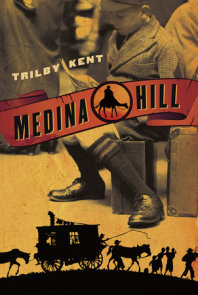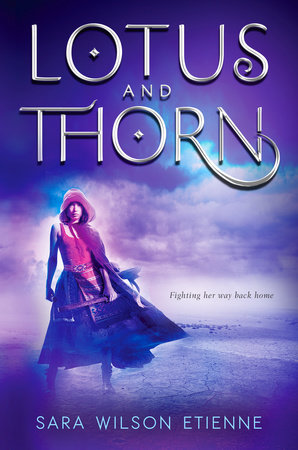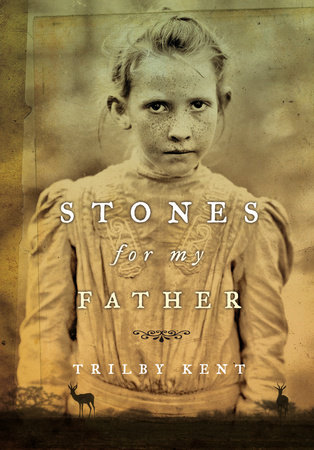

Stones for My Father
By Trilby Kent
By Trilby Kent
By Trilby Kent
By Trilby Kent
By Trilby Kent
By Trilby Kent
Category: Teen & Young Adult Fiction | Teen & Young Adult Historical Fiction | Teen & Young Adult Social Issues
Category: Teen & Young Adult Fiction | Teen & Young Adult Historical Fiction | Teen & Young Adult Social Issues
Category: Teen & Young Adult Fiction | Teen & Young Adult Historical Fiction | Teen & Young Adult Social Issues

-
$9.99
Jun 05, 2018 | ISBN 9780735262706 | Young Adult
-
$19.95
Mar 22, 2011 | ISBN 9781770492523 | Young Adult
-
Mar 22, 2011 | ISBN 9781770492608 | Young Adult
YOU MAY ALSO LIKE

What Would My Cell Phone Do?
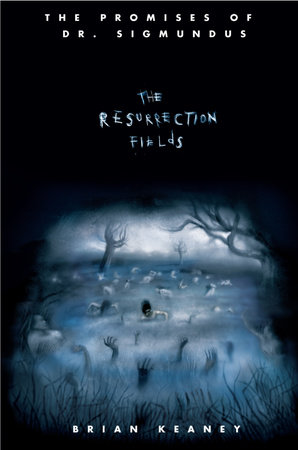
Dr. Sigmundus: The Resurrection Fields
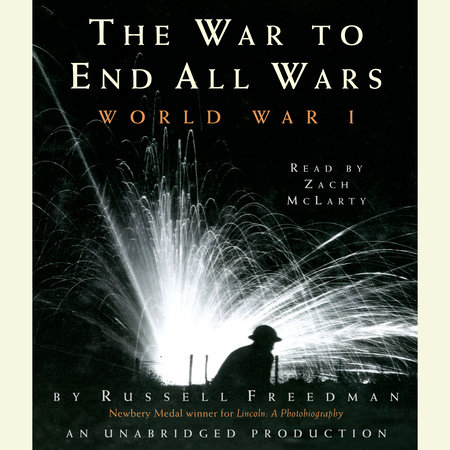
The War to End All Wars
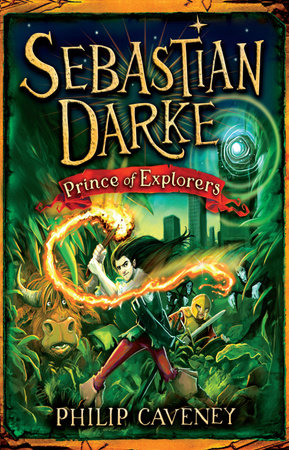
Sebastian Darke: Prince of Explorers
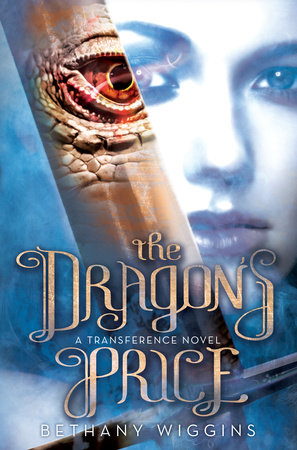
The Dragon’s Price (A Transference Novel)
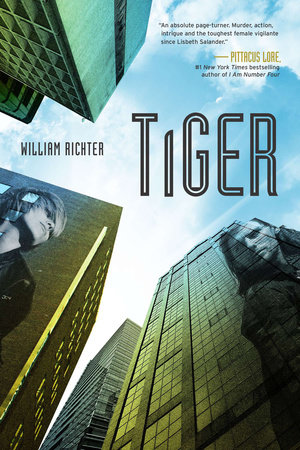
Tiger
Praise
Winner of the 2012 TD Canadian Children’s Literature Award
“A riveting book about the Anglo-Boer war at the turn of the last century and Canada’s place in it… Kent draws her characters and the landscape around them in penetrating prose… Today’s children will develop heartfelt admiration and respect for Corlie Rioux. Though this young heroine struggles with the loss of parental love, a special friendship, and her home, she holds steadfast, brave, and true and emerges a survivor… At times raw, but always gripping, this novel packs an emotional punch.”
– Jury Citation, TD Canadian Children’s Literature Award
“…Trilby Kent reveals the way South African Boers were targets for large-scale extermination during the Anglo-Boer War (1899-1902), and how Africans were maligned and oppressed by the Boers. Through the eyes of twelve-year-old Corlie Roux, the narrator, we trace the suffering of Boer farmers….”
—2012 Children’s Africana Book Awards Committee
“The more prominent review media seem to have completely missed this gem from a Canadian-Brit. In quickly evocative prose, Kent creates an immediate and scintillating [story]. Kent has a keen craft and understands her audience, and the U.S. children’s literature world would do well to start paying her more attention.”
—BayViews
“… This book is particularly unique … its human rather than historical elements are what make this thread of the story the most compelling element in Stones for my Father. As is so often the case with historical fiction, the relationships, rather than the history, are what bring the tale to life; Kent performs this trick with impressive dexterity.”
—Recommended, CM Magazine
“… The descriptions of time and place in the novel are mostly strong and the language vivid … [an] entertaining story. Corlie is an excellent role model, and many young readers will be able to relate to her trials.”
—Quill & Quire
“In her powerful and compelling novel set during the Boer War, Kent explores friendship, loss, and the resilience of the human spirit… Corlie Roux is a fascinating, complex heroine, and Kent’s willingness to present her and her situation unblinkingly is a gift to us all… At times raw, but always gripping, this novel packs an emotional punch.”
—TD Canada Trust Canadian Children’s Literary Award Jury Comments
21 Books You’ve Been Meaning to Read
Just for joining you’ll get personalized recommendations on your dashboard daily and features only for members.
Find Out More Join Now Sign In











